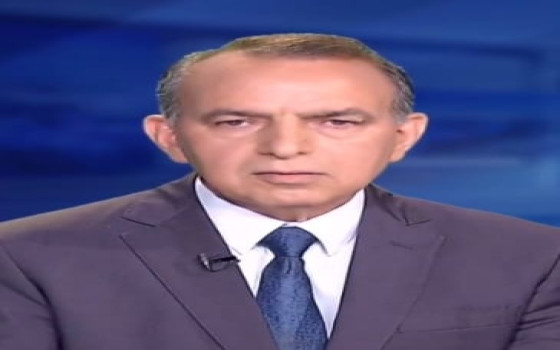
Do you think that when you burned me... you erased my identity? : Mehdi Aqbaei, Iranian writer and member of the National Council of Resistance of Iran

- Europe and Arabs
- Thursday , 28 August 2025 7:3 AM GMT
The official news from Tehran comes not as a discreet stab in the back, but as a brazen announcement of an ongoing crime: Davoud Goodarzai, the deputy mayor of Tehran, announced the conversion of plot 41 of Behesht-e Zahra Cemetery, known among Iranians as the "cursed land," into a parking lot. This is not just an administrative decision; it is the culmination of four decades of a vicious war waged by the Iranian regime against memory, in a desperate attempt to erase the traces of its most horrific crime: the mass extermination of thousands of political prisoners in the summer of 1988.
To understand the enormity of turning the graves of martyrs into asphalt trampled by cars, we must return to that bloody summer. Amid a suspicious international silence and a policy of "appeasement" that gave the executioner a green light, Khomeini issued his fatwa calling for the killing of every political prisoner who stood firm on his principles. Death commissions, whose most prominent members were criminals such as Ebrahim Raisi and Hossein Ali Nayyeri, were formed and spread through the corridors of Evin, Gohardasht, and Ghezel Hesar prisons, as well as other prisons in provinces and cities across the country.
The killers roamed over the remains of the martyrs, following trials that lasted only minutes. The brutality was unspeakable; the bodies of the martyrs were thrown into refrigerated trucks used for transporting meat, and the surviving prisoners counted the number of their martyred comrades by the sound of their pure bodies hitting the truck bed. They believed that by burying them in unmarked mass graves, they could bury the truth with them forever.
But the Iranian Resistance did not remain silent for a moment. At the height of these massacres, the Resistance's leader, Massoud Rajavi, sent urgent letters to the UN Secretary-General, revealing the extent of the horrific crime and demanding immediate intervention to stop it. Unfortunately, the policy of appeasement and international appeasement prevailed, and the killing machine continued to claim lives. However, the truth did not die. After those dark days, the resistance evolved into an organized and comprehensive "justice movement." This movement, brilliantly and courageously led by Maryam Rajavi, began in 2016, coinciding with the release of a shocking audiotape of Ayatollah Montazeri, Khomeini's successor before he was deposed for protesting this brutal massacre. In this recording of his meeting with the "Death Commission" responsible for the massacre, Montazeri revealed horrific facts, addressing them with these sharp words that have been immortalized in history: "In my opinion, the greatest crime of the Islamic Republic, for which history will condemn us, was committed by your hands, and history will record your names in the future among the criminals."
This movement, which carried the banner of "Neither Forgive Nor Forget," broke the wall of silence, gathering documents and testimonies, until leading international law experts, such as UN Special Rapporteur Javaid Rehman, acknowledged that what happened in 1988 amounted to "a crime against humanity and genocide."
Although this was not the first time, the regime had previously carried out similar practices in numerous cities such as Ahvaz, Tabriz, and Mashhad. Now, with the truth reaching international forums, the desperate and terrified regime has resorted to its last resort: the physical destruction of the evidence of the crime. They attack the Khavaran cemetery, pave roads over it, and today they brazenly announce the conversion of the graves of the martyrs of the 1980s in Behesht-e Zahra into a parking lot.
But do they really think they can erase history? Here, the words of the immortal poet Mohammad Mahdi al-Jawahiri resonate like a hurricane in the face of the tyrants:
"Do you think that when you burned me and danced like the devil over my remains... did you think that you obliterated my identity, erased my history, and my beliefs? You try in vain... A revolutionary does not perish... I am like the resurrection one day."
The spirits of these martyrs have not died. She has returned, embodied in the courage of every girl shouting in the streets of Iran today, "Woman, resistance, freedom!" shouting against tyrants and paving the way to freedom and equality.
Your pathetic attempt to whitewash this crime will only strengthen the Iranian people's resolve to remember their martyrs and follow in their footsteps. As the voice of poetry echoes, the return of these martyrs and all those who continue in their footsteps is inevitable:
"I am returning from the tent of the desert son... from the saddle of the horse... from the books of history... I am returning from the verses of the Quran, the Torah, the Gospel, and the Psalms... I am returning to restore every human being's identity..."
Yes, they are returning. And very soon the day will come when the Iranian people will place flowers on the graves of their martyrs and honor the sacrifices of those heroes who watered the seedlings of freedom with their blood. And that day is near; A day when every plot of land where a martyr is buried will become a sacred shrine to freedom, and their memory will remain immortal in the heart of an unforgettable nation.


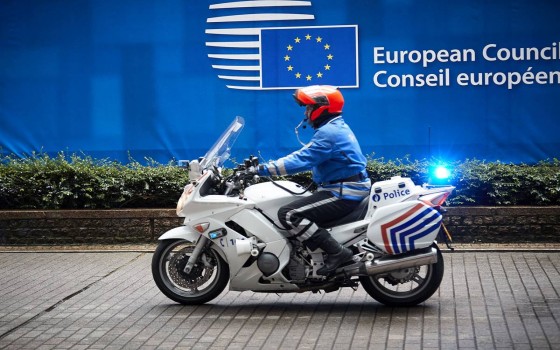

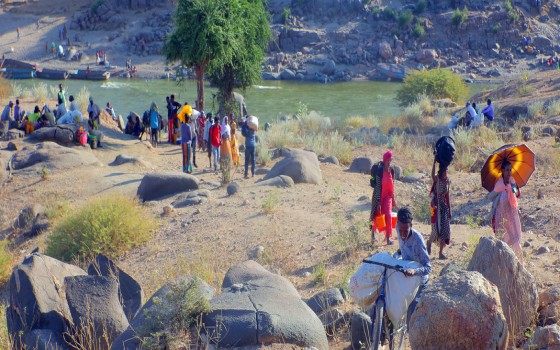

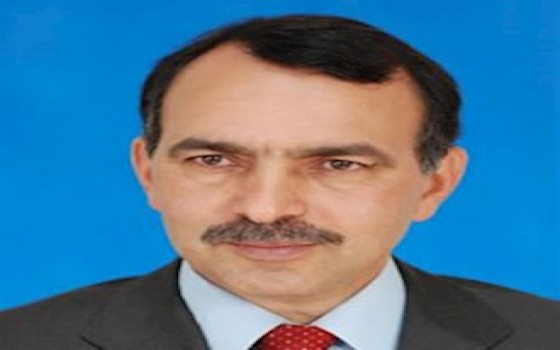
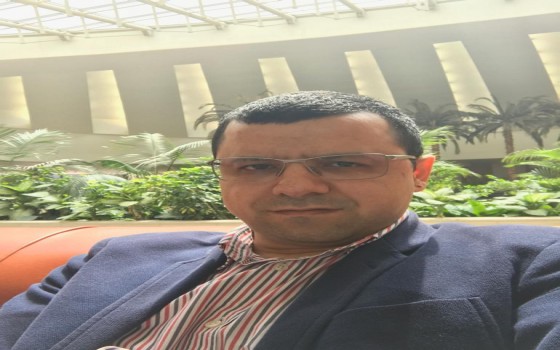
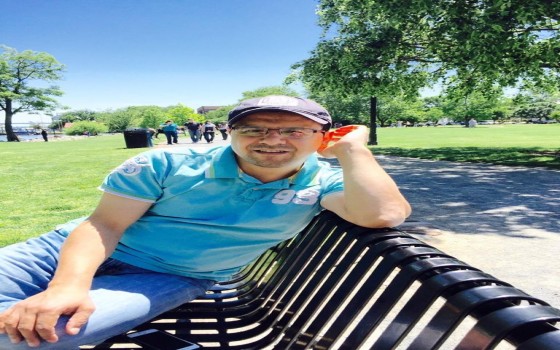
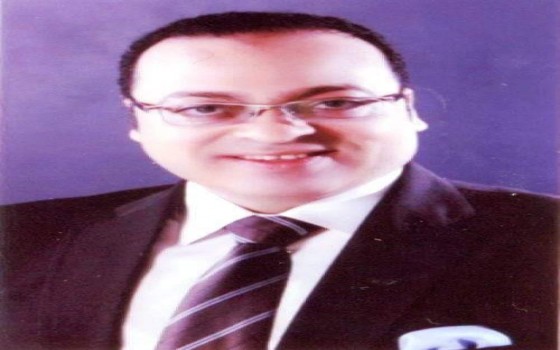

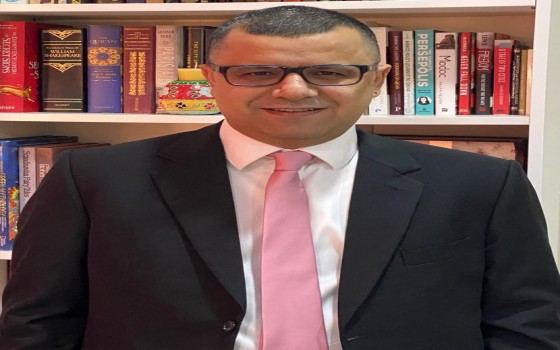
No Comments Found